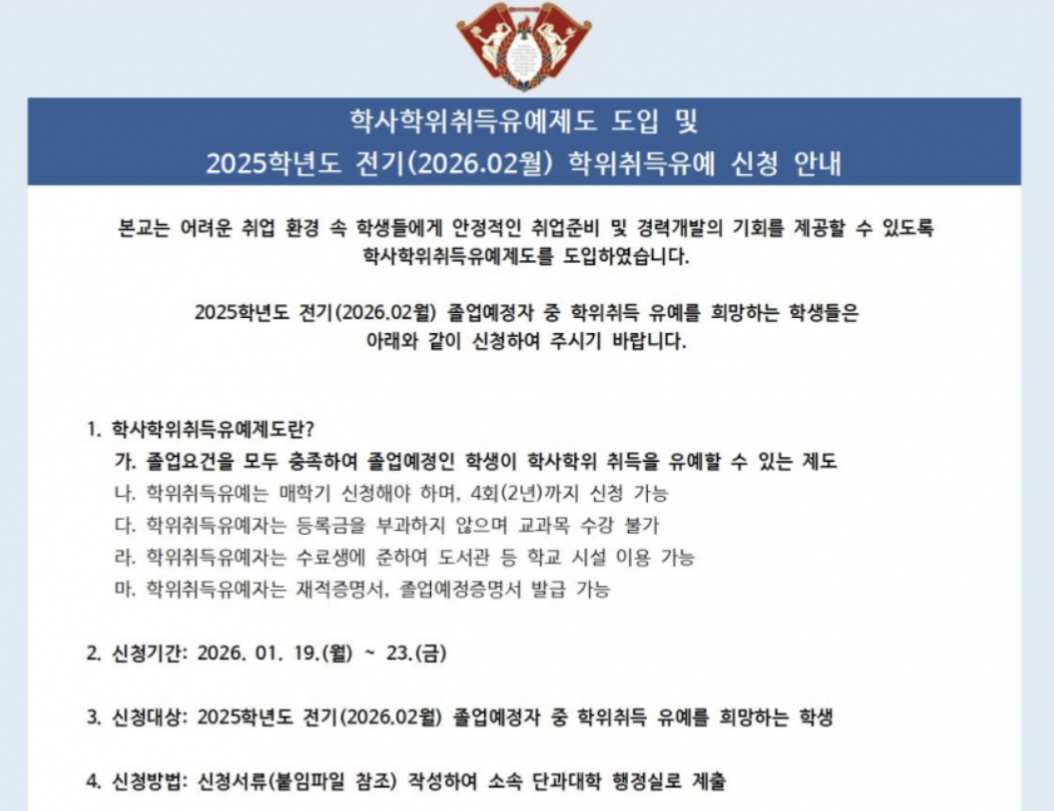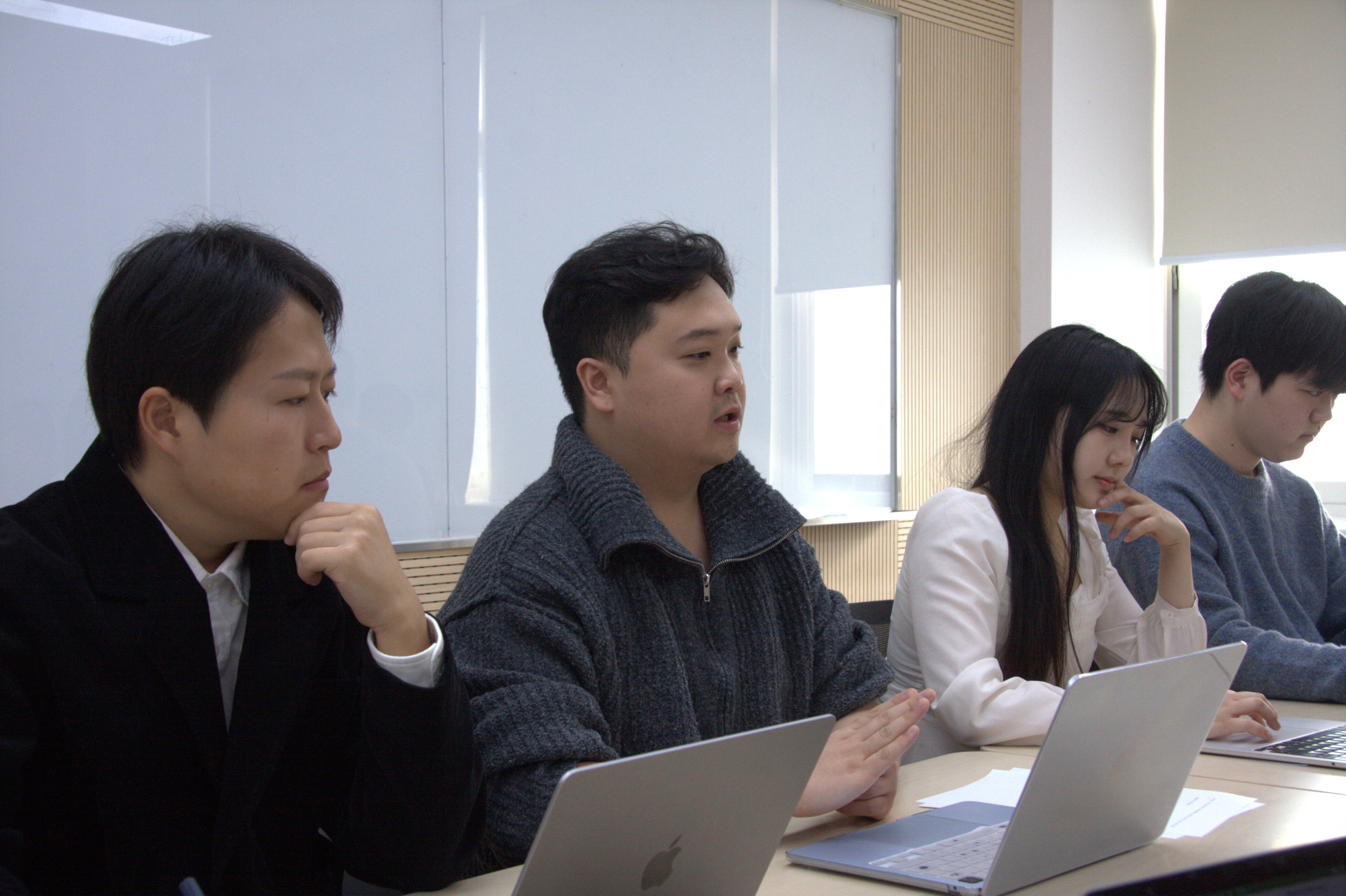[Feature] Your First Book on Psychiatry: A Path to Healing
Professor Paik Jong-woo from the Dept. of Psychiatry at Kyung Hee University (KHU) Hospital published a new book titled Meeting My First Psychiatrist on February 8, 2024, through KHU Communication & Press. This marks the fourth book Prof. Paik has been involved in publishing and is the first book he has written on his own.
Meeting My First Psychiatrist aims to challenge society’s negative perceptions of depression and offers guidance for individuals dealing with emotional wounds. Additionally, it serves as a resource for those who wish to support and comfort others around them. The book comprises five chapters, and each part is filled with warm comfort and advice drawn from the extensive medical experience of Prof. Paik.
Prof. Paik’s Opinion on Depression
The book opens with the first chapter titled “It is Completely Normal for You to Be Depressed.” In this chapter, Prof. Paik addresses negative social beliefs about depression through various cases, highlighting that anyone can experience depression in their own unique circumstances. He not only reassures readers gently but also strongly encourages them to visit a psychiatrist, emphasizing that depression is treatable. In addition, he discusses other psychological disorders that can manifest in everyday life such as anxiety and panic disorder. To raise awareness of these mental illnesses, he proposes a solution, “see, listen, and speak.” This approach reflects his vision for a society where people support one another and where the voices of the emotionally distressed are seen, heard, and expressed through those words.
Various Situations, Numerous Heartbreaks
In the second chapter, “Can I Be Happy Again?”, Prof. Paik explores various facets of depression. Among them, the “Withered Youth,” one section of chapter two, addresses the mental health challenges faced by young people, which have intensified due to COVID-19. He asserts that the causes of the rapid increase in depression among young adults are complex, therefore the establishment of fundamental support measures is crucial. The third chapter delves into the traumas resulting from accidents and disasters. Through several cases, he outlines the three layers of people’s response to trauma: staying close to those who have suffered traumatic events and listening to their experiences; overcoming traumas together as a community; and discussing and implementing societal measures to prevent such accidents from recurring.
Prof. Paik’s Vision for an Ideal Mental Health Care System
The fourth chapter focuses on schizophrenia, a severe mental illness that is often misunderstood by the public. While the crime rate among patients with schizophrenia is very low, they are frequently perceived as potential dangers. Prof. Paik points out that individuals with schizophrenia are also highly susceptible to stress, which can be severely detrimental to their well-being. He emphasizes the need for a robust system that protects all citizens, including those with mental illnesses, ensuring their safety and dignity. In the fifth chapter, he discusses the broader societal changes needed to improve mental health care. He argues that for South Korea to develop advanced mental health medical institutions, it is crucial to perform psychological autopsies to better understand mental illnesses, establish an effective emergency response system for mental health crises, enhance national responsibilities in handling mental health issues, and foster empathy within communities.
Prof. Paik, a First Psychiatrist
Prof. Paik incorporates his extensive experience into the book as a professional psychiatrist and the director of the Korean Neuropsychiatric Association’s Neuropsychiatry Policy Research Institute. Additionally, Prof. Paik identifies himself as a social psychologist. Unlike traditional psychiatric treatments that mainly focus on the patient’s inner self, he also considers social factors which are prominently reflected in the book’s content. For some readers, Prof. Paik might actually be their first introduction to psychiatry. Accordingly, he has included an appendix in the book that provides helpful information for those visiting a psychiatry clinic for the first time, offering further assistance.
Overall, Meeting My First Psychiatrist compiles all the comfort and practical advice that Prof. Paik offers as a professional psychiatrist, social psychologist, and many readers’ first encounter with psychiatric care. Meeting My First Psychiatrist confronts negative connotations and stereotypes associated with depression, stating, “Depression is a signal that the brain sends you to change your lifestyle and find a new life.” As the title suggests, the book serves as the first prescription that offers hope and courage to those who are hesitant about receiving psychiatric treatment, encouraging them to take the next step.
There are no registered comments.
- 1
- 2
- 3
I agree to the collection of personal information. [view]




